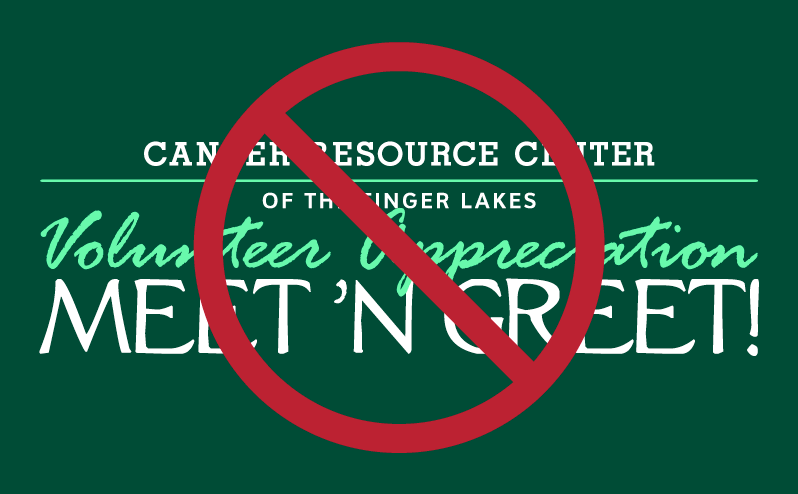There’s a warm and fuzzy side to breast cancer. Not the disease itself which is life-disruptive at its best and deadly at its worst. But there are celebratory races with survivors crossing the finish line with arms raised in triumph; magazine covers honoring celebrities who have survived the disease; and pink ribbons seemingly everywhere.
Other cancers receive less attention. These cancers may not have a warm and fuzzy side, but we agree that people diagnosed with them deserve our support and kindness.
But one cancer is noteworthy for the lack of empathy and compassion it elicits.
“Lung cancer is the ugly stepsister of cancer,” was how one person described it to me.
When she was diagnosed, most people assumed that she smoked. She didn’t. (Some ten to fifteen percent of people diagnosed with lung cancer are nonsmokers. For reasons not fully understood, lung cancer is more common in nonsmoking women than in nonsmoking men).
Even her friends who knew she didn’t smoke interrogated her to find the cause. There was an underlying sense that if she wasn’t at fault, someone or something else was.
This seems to be a common theme with lung cancer. Blame is the elephant in the room. People with other cancers aren’t blamed. We don’t accuse them or even wonder if they did something to cause their cancers. The cancer just is.
Anyone who has had cancer can tell you how difficult it was to get the diagnosis and then to share that news with family and friends. Imagine how much more difficult it would be if you sensed people thinking – or even saying, “Well, that’s what you get for smoking.”
And, assuming that an individual did smoke, what difference does that make once they have lung cancer? Should we be less compassionate or less supportive? Absolutely not.
I’m hardly an apologist for smokers or for the tobacco industry. I hate it when smokers foul my air and increase my insurance rates. I make it a point not to enter a business if I see employees smoking near its front door. And I want to shake sense into young people when I see them lighting up.
But if you have lung cancer, you don’t need blame. You need kindness and support, given without judgment.
From the Ithaca Journal.
Click here for all of Bob’s columns





